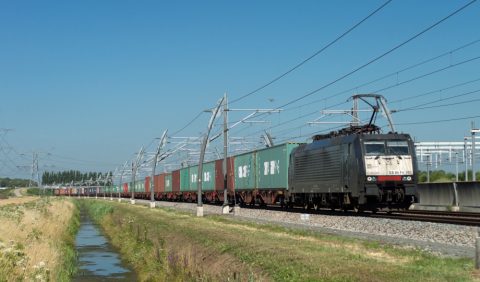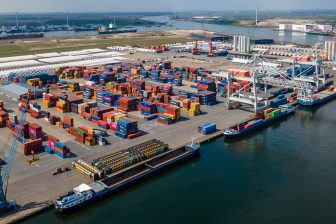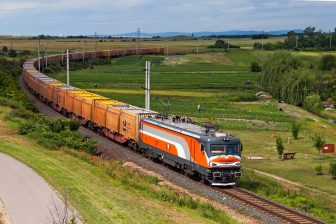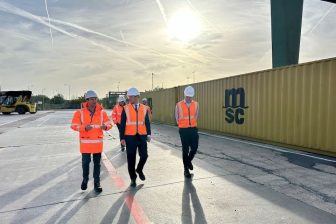
OTIV seals deal to test the first remotely controlled freight trains in the Netherlands
Image: Flickr. Rob Dammers
OTIV, a Belgian provider of autonomous technology for rail, has announced a multi-year contract to run automated and remotely controlled freight trains on the Betuweroute freight line in the Netherlands. Its partners include Dutch startup Mobility42 and Malaysian engineering and consultancy firm Rail Systems Engineering.
Do you want to read the full article?
Thank you for visiting RailFreight.com. Become a member of RailFreight Premium and get full access to all our premium content.
Are you already a member?
Having problems logging in? Call +31(0)10 280 1000 or send an email to customerdesk@promedia.nl.





